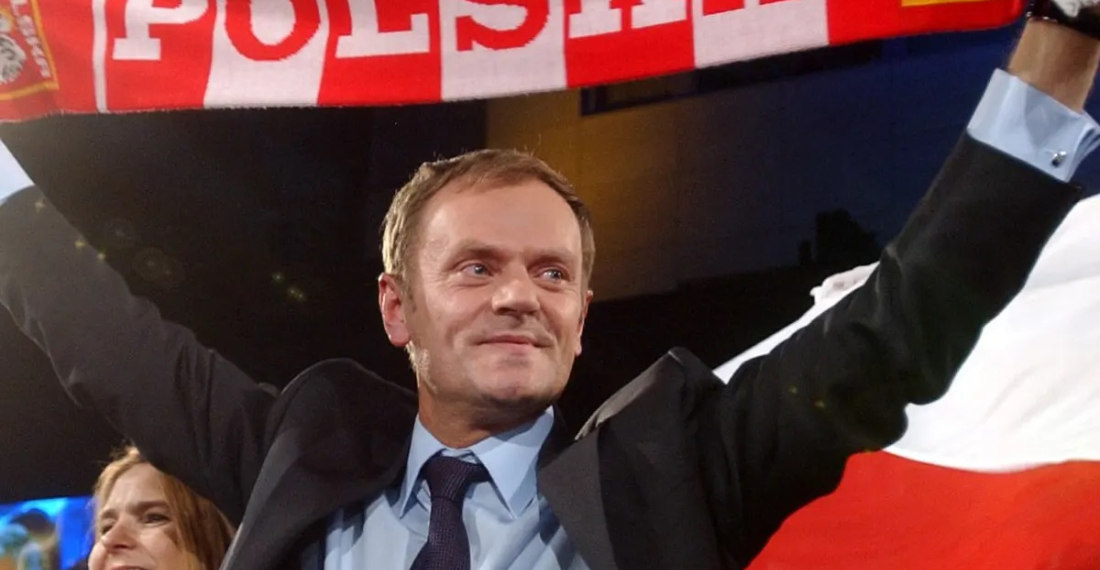After parliamentary elections held on Sunday (15 October) in Poland, Donald Tusk is set to become the country's next leader.
Exit polls results after the close of voting showed that Poland’s opposition parties look like they’ve won convincingly opening the way for the leader of the Civic Coalition led by former president of the European Council, Donald Tusk, to become the country's next leader.
Whilst the current governing party, the Law and Justice (PiS) party still emerged as the largest party, winning 36.8 percent of the vote, it will still not be enough to form a government and other opposition parties are likely to join the Civic Coalition, which won 31.6 percent, to form the new government. Two smaller opposition parties, the center-right Third Way which won 13 percent, and the Left which won 8.6 percent, are likely to join the new government.
A far-right Confederation won 6.2 percent, but is unlikely to be included in the new coalition. In 2019, PiS won 43.6 percent of the vote. The poll was conducted by IPSOS and was shared with Poland’s three main television networks. The poll has a 2 percent margin of error. Turnout was was high at 73 percent.
If the exit poll results are confirmed, the Law and Justice will win 200 seats, Civic Coalition 163, Third Way 55, the Left 30 and Confederation will take 12.
Poland is one of the largest and most important members of the European Union but in recent years its government has clashed continuously with the European institutions, as the PiS tried to implement changes in the judicial system and other sectors of government that Brussels considered to be against accepted European norms and values.
source: commonspace.eu with agencies
photo: The leader of Poland's Civic Coalition, Donald Tusk (archive picture)







